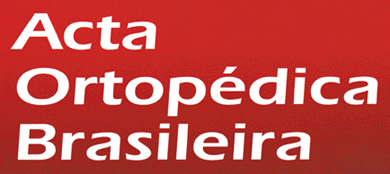ABSTRACT
Objective:
To evaluate pain and mobility in patients with transtrochanteric fractures subjected to osteosynthesis with pericapsular nerve group (PENG) block and compare with patients who did not receive the block.
Methods:
The medical records of 49 patients were analyzed and data were collected regarding: age, gender, anesthetic evaluation, cause of trauma, locomotion, fracture classification, type of anesthesia used, anesthetic technique, pain, opioid administration and mobility with partial load.
Results:
Out of 49 patients, 17 (34.7 %) received PENG block. After surgery, most patients complained of pain and opioids were administered (67.3 %), with greatest frequency in the group without PENG block (93.3 %). Most patients who received PENG block walked within 6 h after surgery (52.9 %) and all recovered the ability to walk until hospital discharge (48 h), different from the group that did not receive PENG block (p = 0.012). The groups showed a significant difference between them regarding the frequency of reports of moderate to severe pain (p = 0.003).
Conclusion:
The use of PENG block in patients with transtrochanteric fractures subjected to osteosynthesis can help to reduce postoperative pain, early mobility with partial load and less use of opioids. Level of Evidence III, Retrospective Comparative Study.
Keywords:
Hip Fractures; Femoral Fractures; Early Mobility; Analgesia

 Thumbnail
Thumbnail
 Thumbnail
Thumbnail
 Thumbnail
Thumbnail
 Thumbnail
Thumbnail



